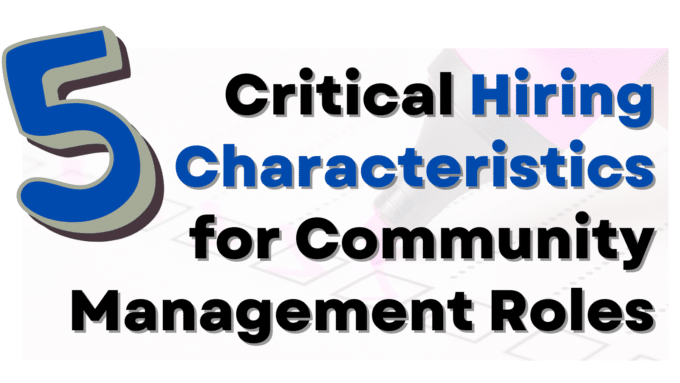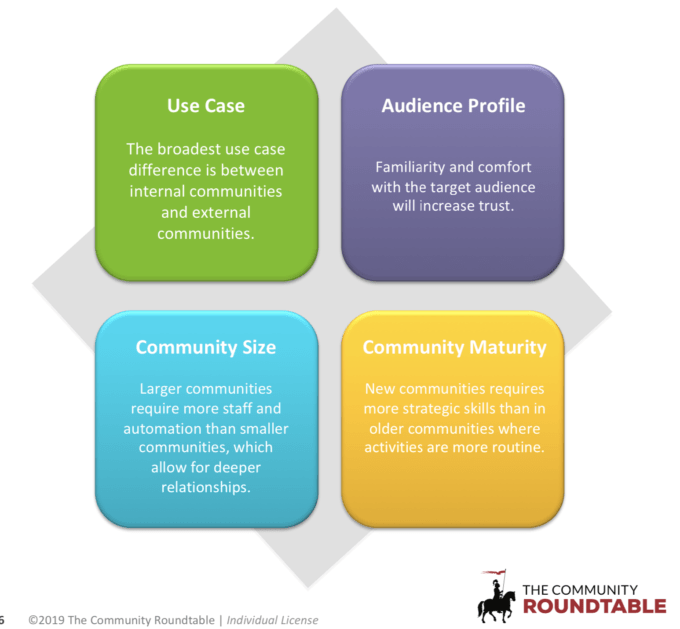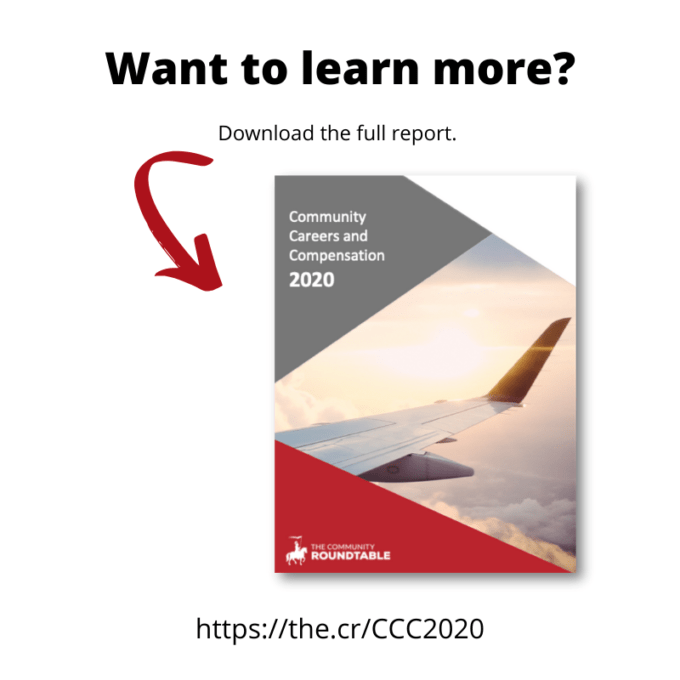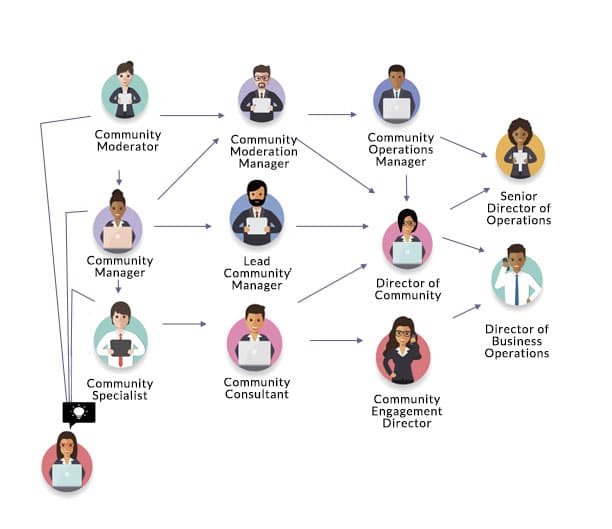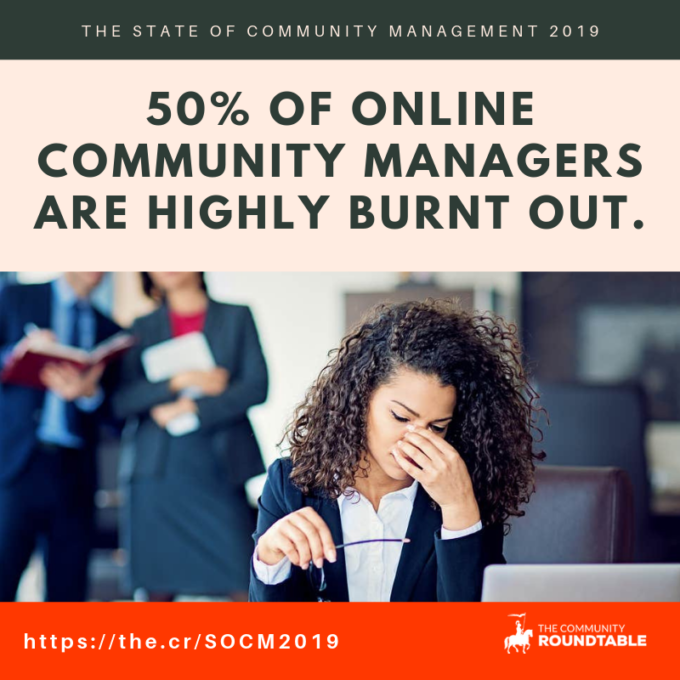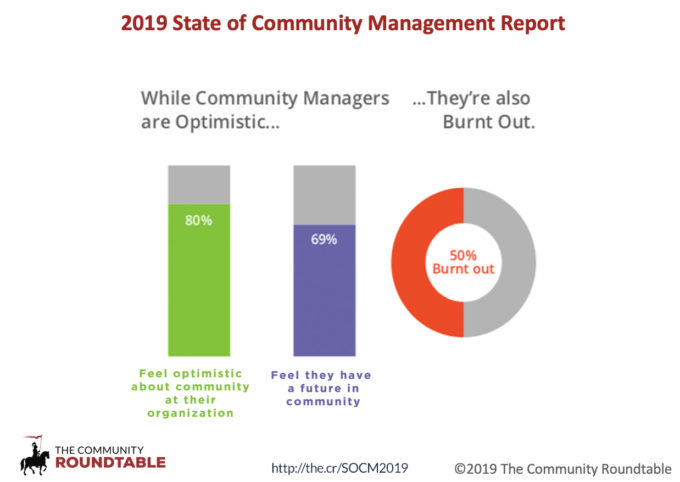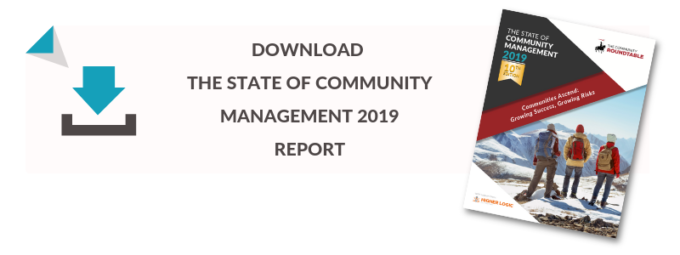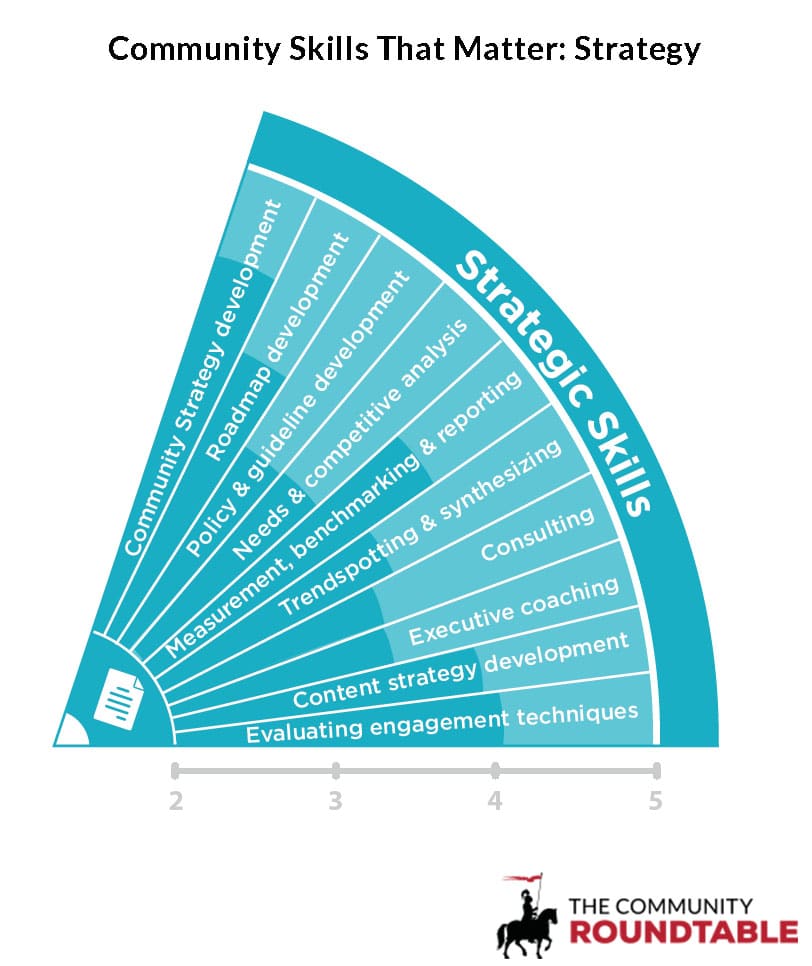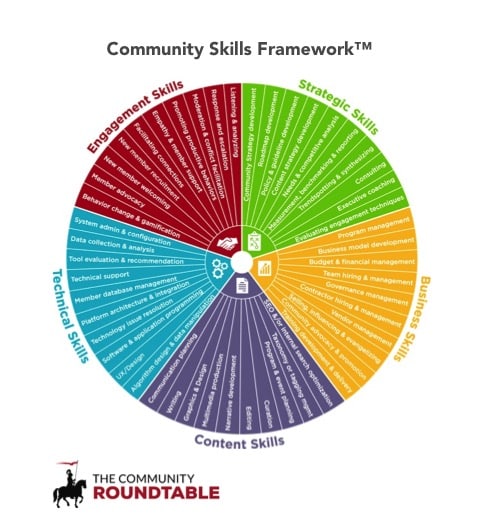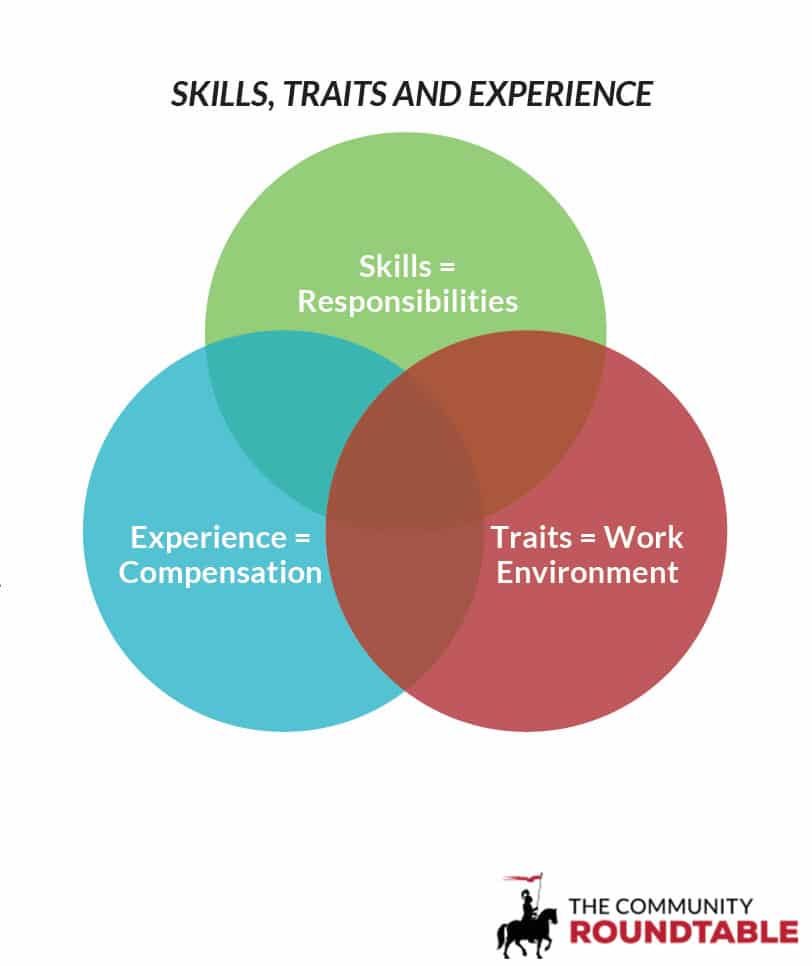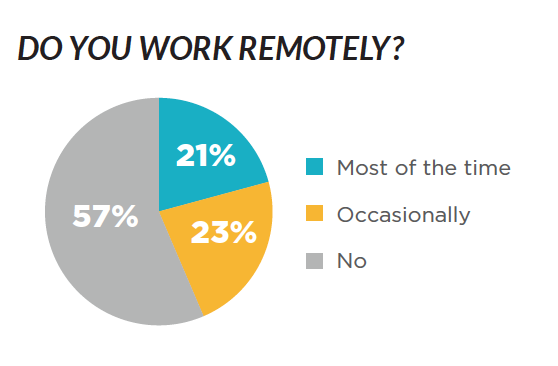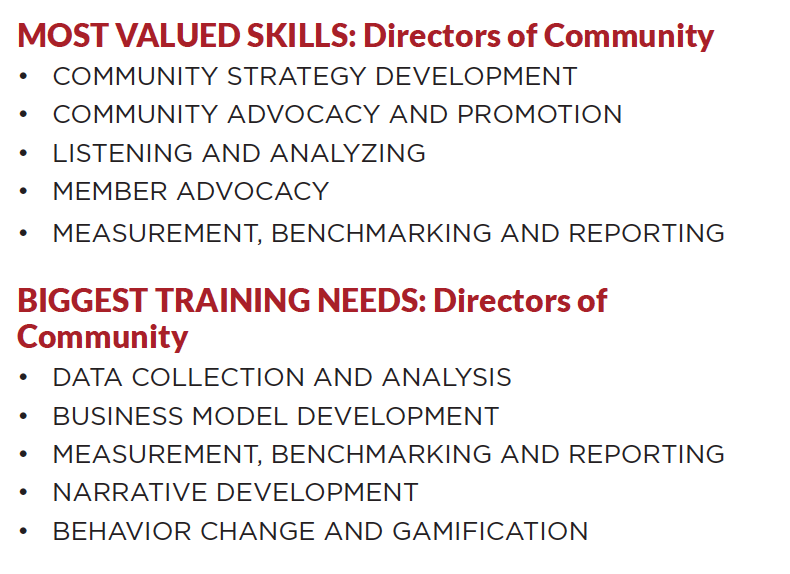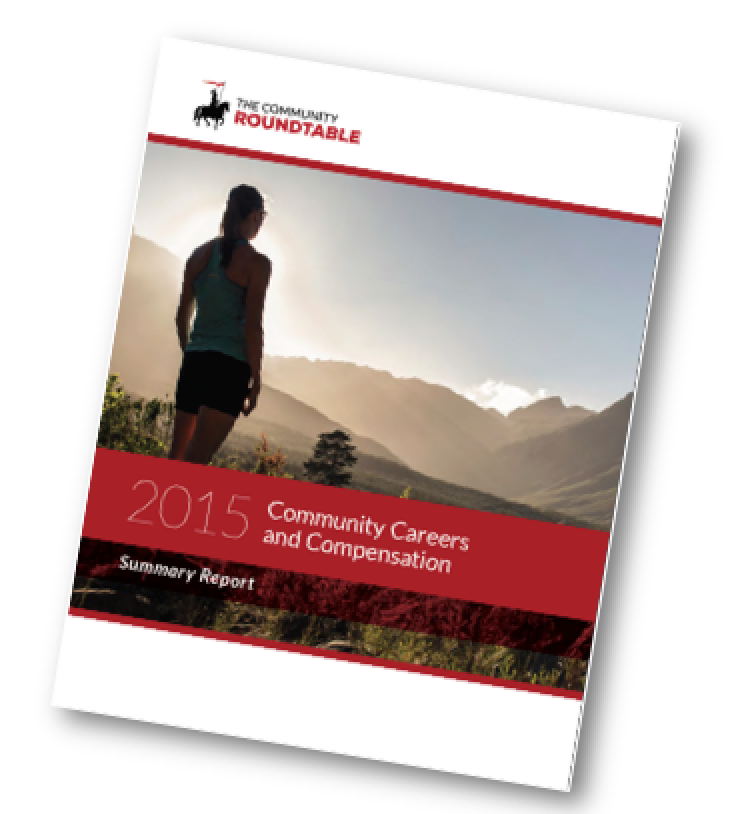How do you make a move to a new organization? What are some things to consider when making the move? Making the move from one organization to another can be tricky – especially if you’ve spent a significant amount of time at your old employer or if the business models are completely different.
In this roundtable call, we’ll explore:
-
- Navigating new waters, new co-workers, and new leadership expectations
- Setting yourself up for success – things you must do in order to ensure you have what you need to do your job well
- Getting buy-in and support for your community strategy when you’re the new kid on the block
